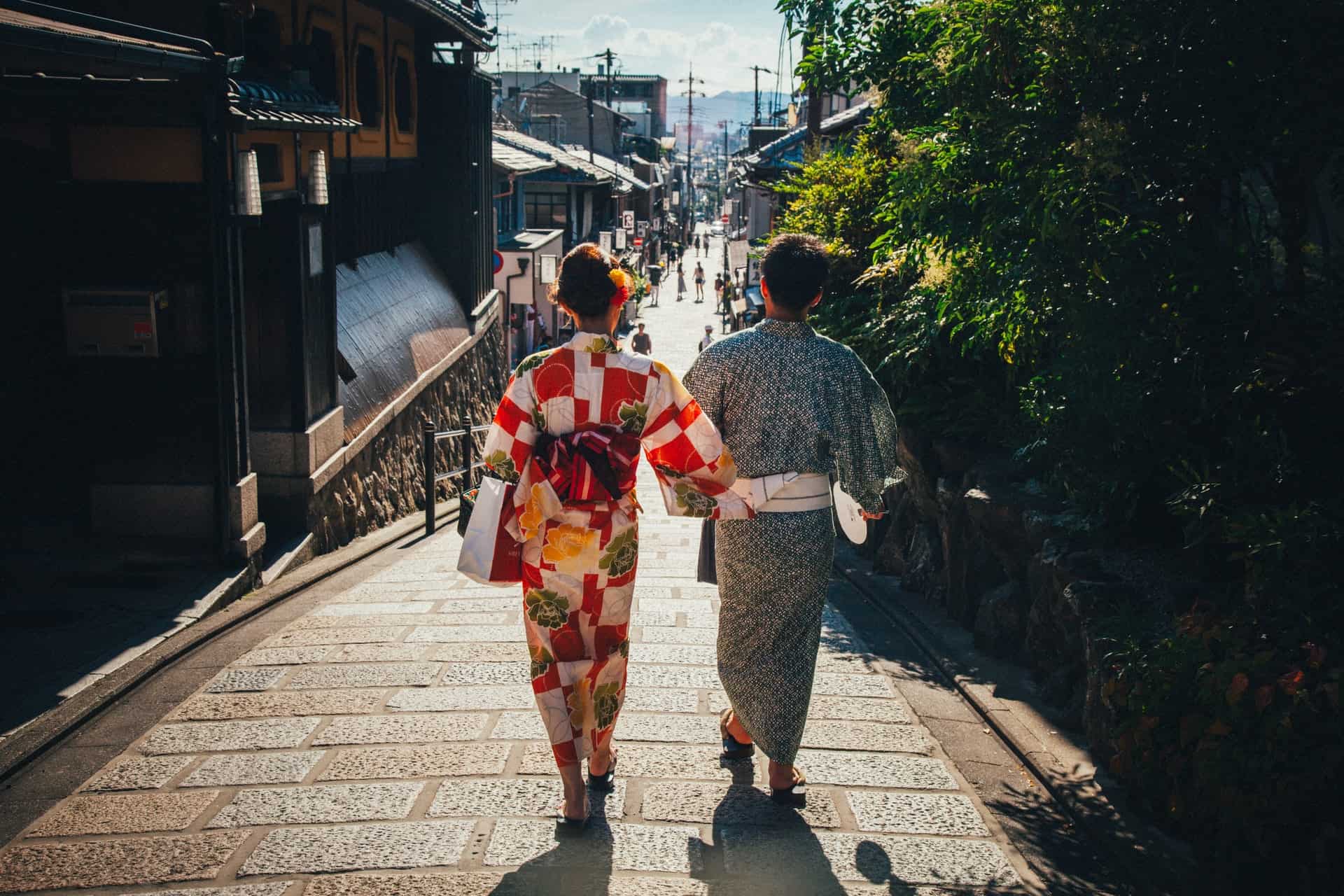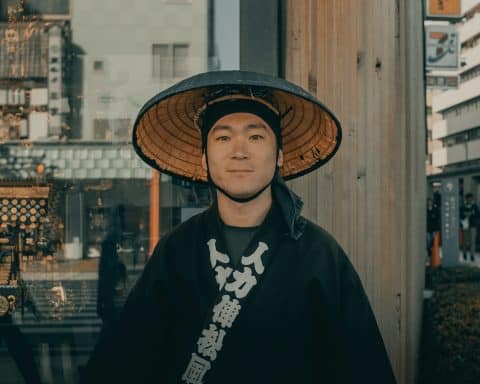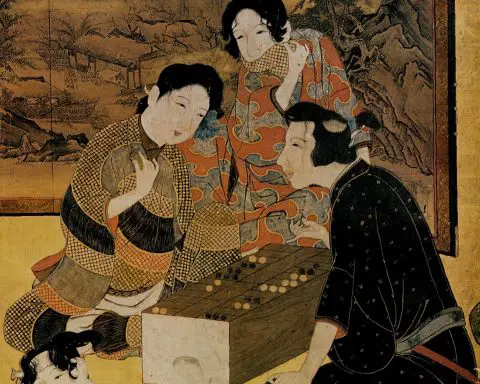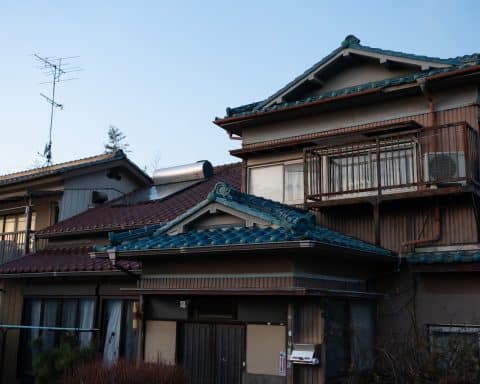Ahhh, holidays.
Love them or hate them, they come around every year without fail.
And for some reason (to me) it seems as though they are a little more commercialised each time, at least in the west.
So whilst valentines day here in England is supposed to be about showing those who you care about how much you love them, it can sometimes feel a little like those who spend the most money love the most instead.
And what about Japan?
Japan absolutely celebrates valentines day, but it also celebrates a reverse valentines day…
Curious about what that is?
Let me tell you, it was a rabbit hole I wasn’t prepared to venture down…
The origin of Valentines day in Japan
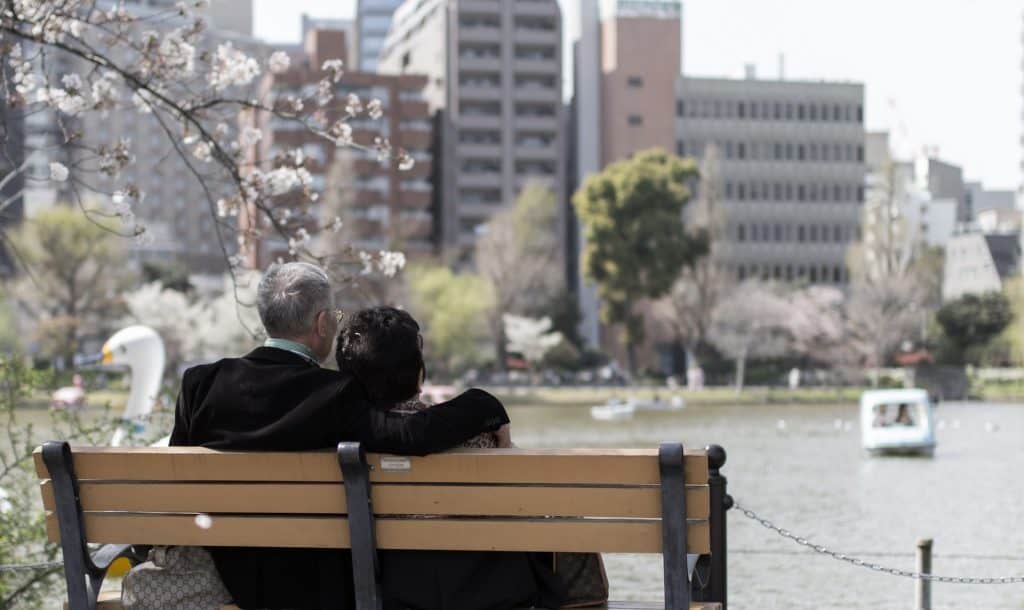
Surprise Surprise, Valentines day was imported from the west. And almost definitely to commercialise another aspect of Japanese society.
After a little digging, it turns out that Valentines day was initially introduced to Japan in the 1930’s through the confectionary adverts of Morozoff Limited, a Kobe Confectionary Company.
This was done with the idea of attracting foreign interest and bringing money into the country.
It was a failed attempt.
After not catching on the way Morozoff had hoped, the citizens of Japan had to wait another 4 decades until the thrills and love drenched atmosphere of valentines day became a popular yearly occurrence.
They did start creating heart shaped chocolates in the later half of the 50’s but it didn’t do much in the way of helping the popularity of the holiday.
Valentines Day culture in Japan

It’s no overstatement when I say Japan is a patriarchal society.
So it should come as no surprise that valentines day started (and to some extent still is) as an opportunity for women to show their love to men.
Whilst western countries may see valentines day as an opportunity for both parties to exchange special gifts, that’s not typically the case in Japan. (More on this later!)
In Japan, women buy men chocolate on valentines day, not the other way around.
What is the Valentine chocolate known as in Japan?
On the 14th of February, there are two types of chocolates exchanged in Japan.
Honmei choco (本命チョコ, “true feeling chocolate”)

This type of chocolate is something women give to their special someone.
It’s often a premium chocolate, and means all the more to the receiver if it’s hand made.
You wouldn’t catch Honmei Chocolate being exchanged between friends. It’s purely for those who have a romantic interest.
Giri Choco (義理チョコ, “Obligation Chocolate”)
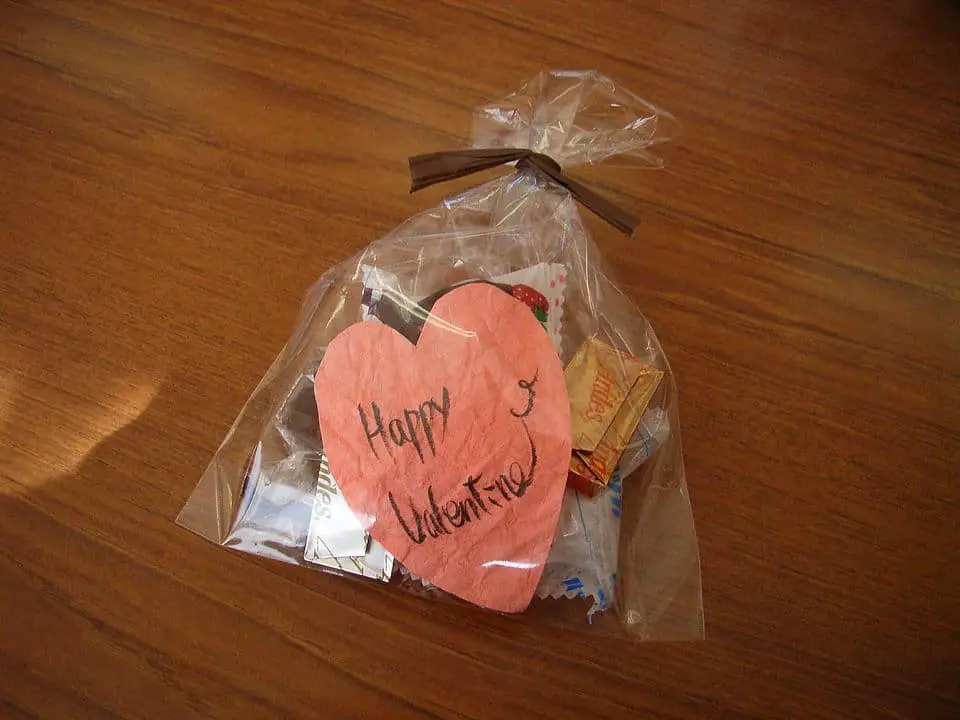
Ahhh, is it really Japan without a little social pressure?
Giri Choco, roughly translated as “Obligation Chocolate” is a gift given from women to men purely out of politeness to co-workers, and friends. There are absolutely no romantic connotations with such a gift.
We all know that Japanese society as a whole hates causing offence. So how is that supposed to make women feel whilst deciding who to buy friend chocolates for?
Colleagues, bosses, friends?
As it turns out, more and more women (and men) seem generally opposed to this tradition considering it outdated and not needed.
Japan Today reported that up to 40% of male and female office workers considered the practice ‘Power Harassment’
Tomo Choco (友チョコ, “Friend Chocolate”)
A relatively new offshoot of Giri Choco, Tomo Choco (translated as friend chocolate) is marketed towards women buying chocolate for close friends, especially other women.
I cant find any photos of chocolate specifically marketed like this, but it can be assumed they look similar to the obligation chocolate.
Of course, they’ll no doubt come with differing quality depending on your budget.
White day – A second valentines day?
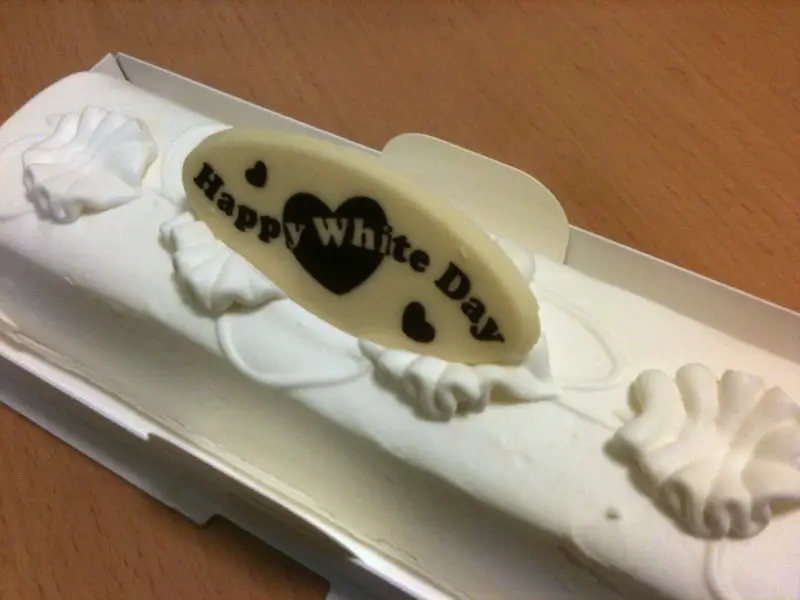
What is White day in Japan?
To my utter surprise, it turns out Japan has a day where men are expected to repay the favour of the previous month. I suppose that’s a step in the right direction for Japan’s gender equality!
Welcome to White Day.
Celebrated on March 14th, White Day was created in the 1970’s by Fukuoka based company Ishimura Manseido, a small confectionary company.
Whilst browsing through a magazine, one of the executives of Ishimura Manseido came across a woman questioning why women had to give so generously to men on valentines day but the thought would never be returned.
She then went on to suggest gifts she would be happy to receive, and that list included marshmallows.
After bringing up his finding during a board meeting, that executive along with the women at the company agreed on the 14th March to be the day that men would return the favour.
And they’re likely expected to times any gift’s value by around 3.
三倍返し, ‘triple the return’
Those marshmallows that were originally suggested become a component of the very first gift marketed on ‘Marshmallow Day’.
Chocolate stuffed inside white marshmallow paste.
As soon as the next March 14th rolled around, the company agreed to change the name to the slightly broader term ‘White Day’.
Final thoughts on valentines day in Japan
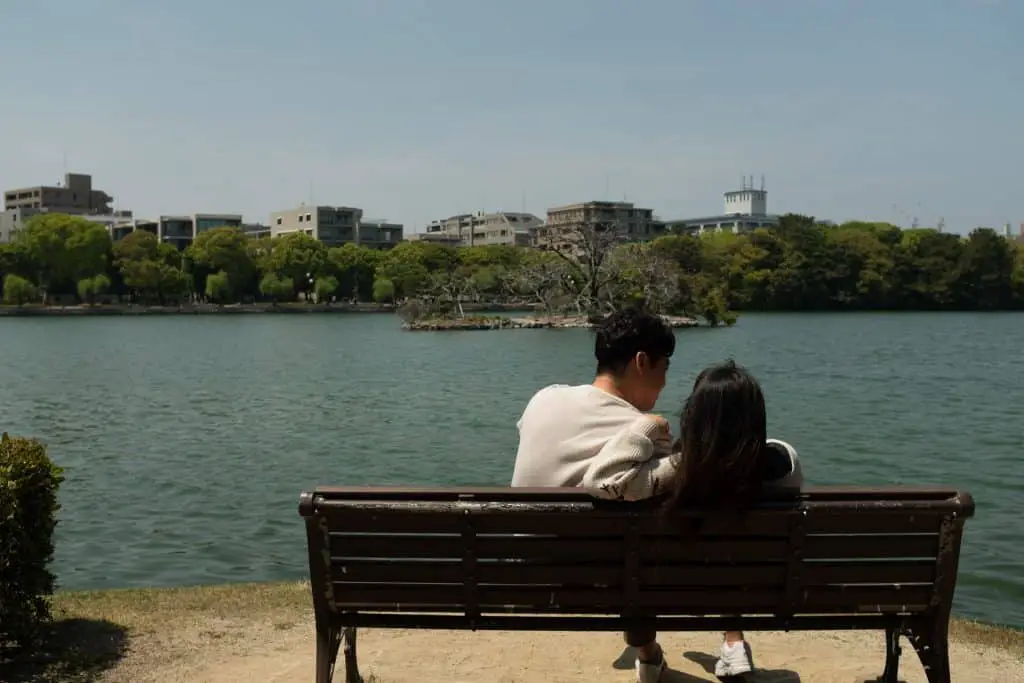
Honestly, with ‘Obligation Chocolate’ and potentially humiliating social pressures for women, my first thought about Valentines day in Japan was ‘I can’t imagine it’s particularly fun for either parties’.
That said, we shouldn’t cast such sweeping statements on a national holiday that’s probably experienced differently by many different people.
Plus with an entire day, one month after valentines, devoted to repaying women’s generosity (三倍返し, ‘triple the return’), I suppose everyone get’s their fair share.
After taking a look at some google data, it actually seems as though White Day is the more searched for topic in Japan.
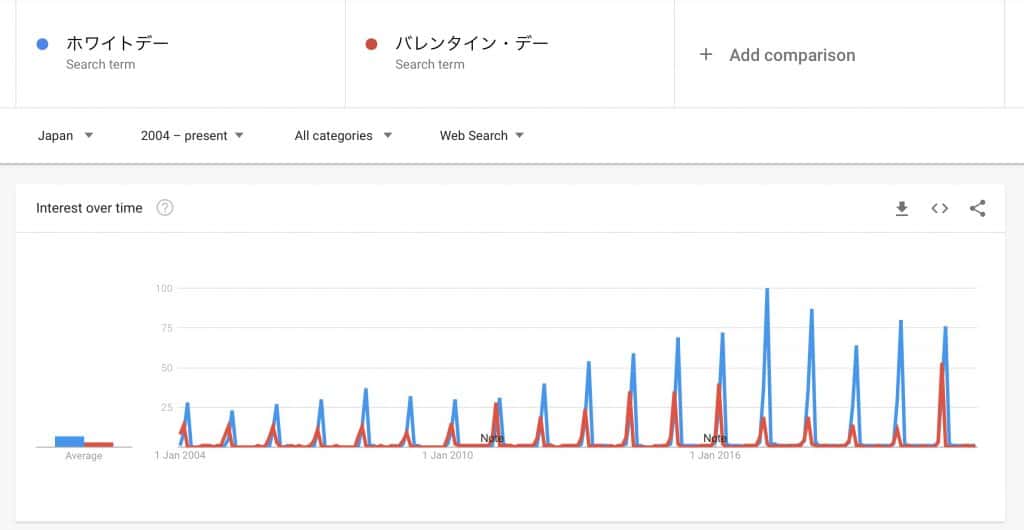
On the whole, both search terms seem to be somewhat increasing over the last 5 years, but valentines day is absolutely lagging behind as far as internet searches go.
Yes, valentines day is an extremely commercialised holiday in Japan just like in the west, perhaps even more so, but in a country that often struggles with social interaction I wouldn’t deem it impossible that it actually benefits a lot of people too shy or scared to speak their mind.



